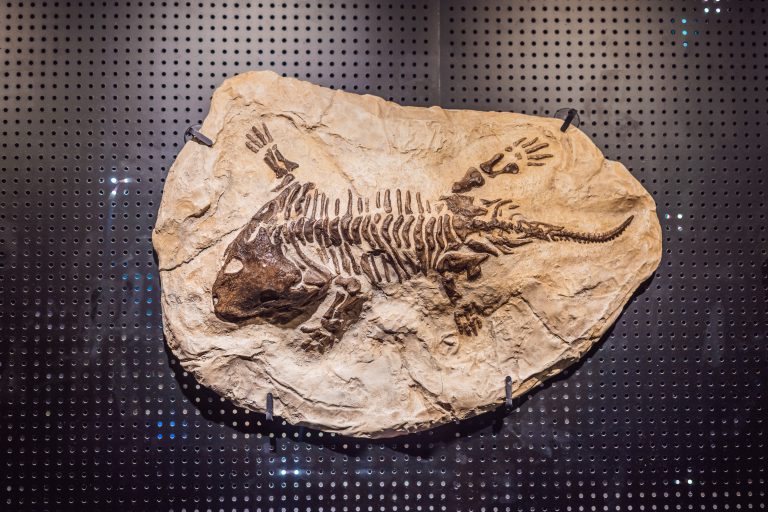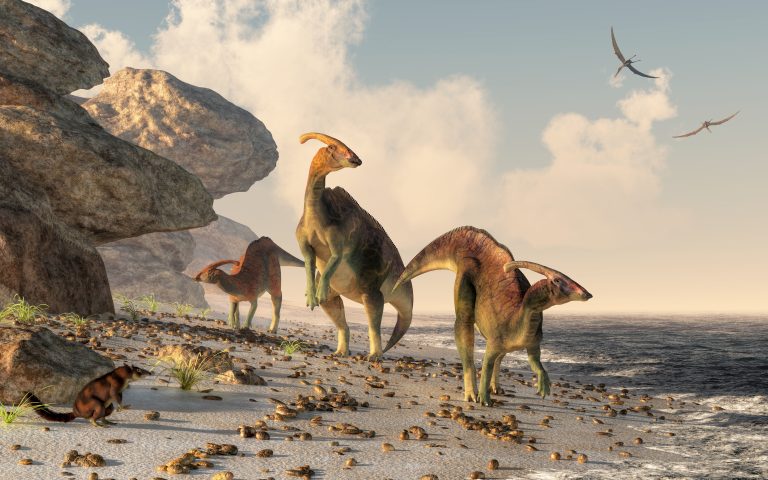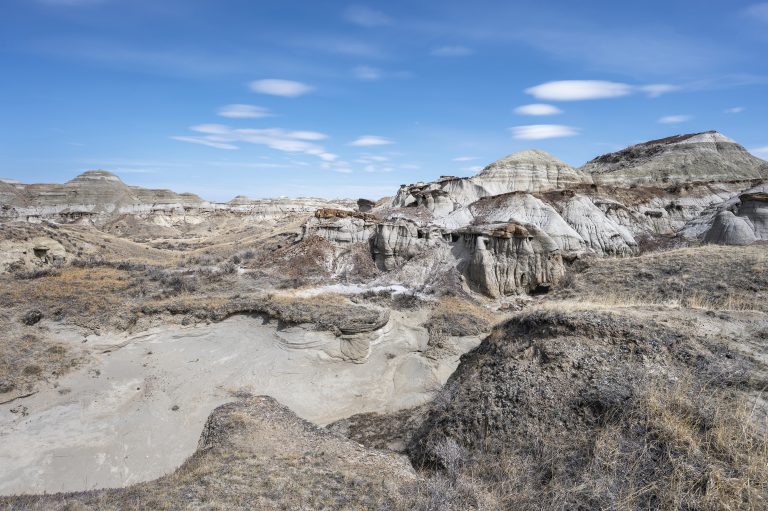7 Tough Downsides of Being a Paleontologist
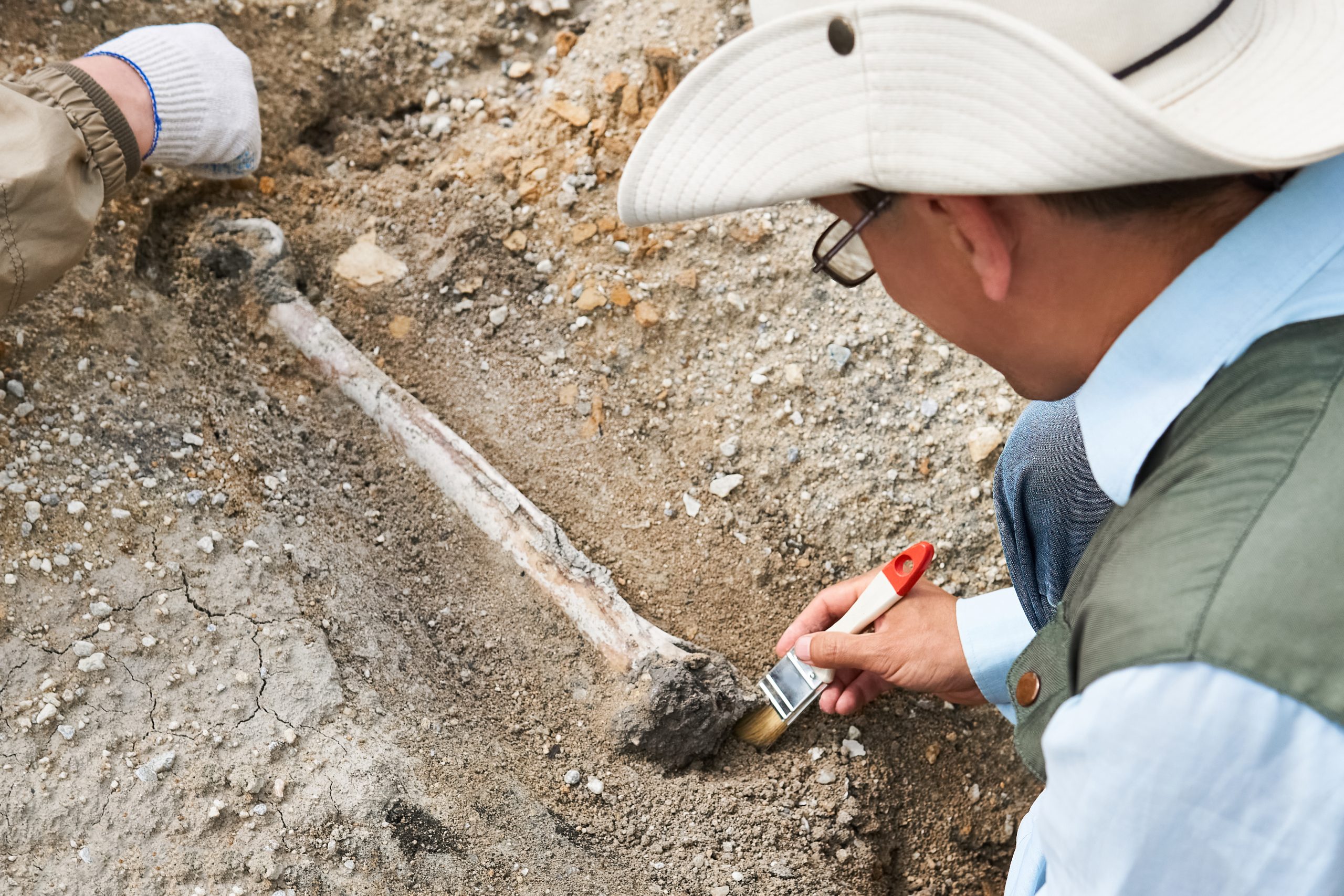
As a seasoned paleontological travel writer, I’ve experienced the highs and lows of this captivating field. While uncovering ancient secrets is thrilling, there are hidden challenges that often go unnoticed.
1. Harsh Field Conditions
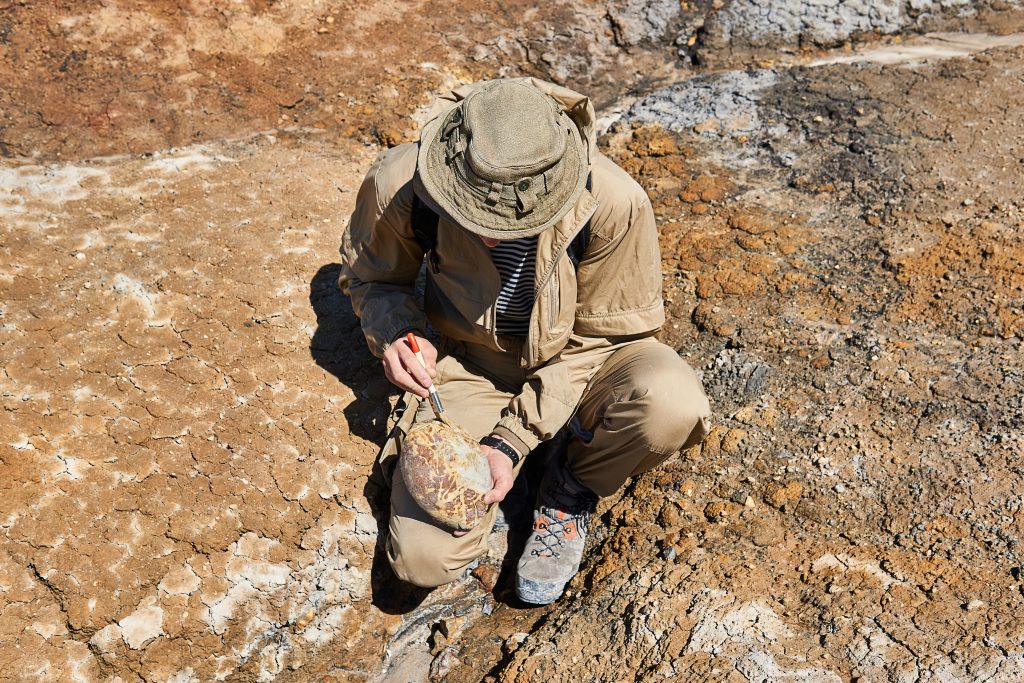
Imagine the scorching sun beating down on you as you meticulously brush away layers of earth. Field conditions can be brutal, with extreme temperatures, biting winds, and the occasional sandstorm. It’s not just about finding fossils; it’s about surviving the elements to tell the tale.
Access to basic comforts is often limited, meaning you’ll get cozy with the local insect population and learn to appreciate the “luxury” of a tent. (And let’s not even talk about the bathroom situation.)
Moreover, these sites aren’t exactly next door. You might trek miles into the wilderness or scale rocky outcrops, all in the name of science. The terrain is unforgiving, and one wrong step could lead to a sprained ankle—or worse, damaging a precious fossil. It’s a constant battle against Mother Nature, but for the love of paleontology, we endure.
Hey hey! Don’t forget to subscribe to get our best content 🙂
2. Limited Job Opportunities
If you’re dreaming of a stable nine-to-five job with a hefty paycheck, paleontology might give you a rude awakening. Job openings are as scarce as a well-preserved dinosaur brain cavity, and competition is fierce. Most positions are in academia or with museums and government institutions, where funding is as unpredictable as a velociraptor’s mood swings.
The private sector does offer some opportunities, particularly in environmental consulting and resource management, but these roles often require a broader set of skills beyond paleontology. Plus, you might find yourself working on projects that, while important, might not ignite your prehistoric passions.
Lastly, many paleontologists rely on short-term contracts, grants, or even volunteer work to gain experience. This patchwork of employment can lead to financial instability and a professional path that resembles a meandering river rather than a straight line. It’s not all doom and gloom, but it’s certainly no walk in Jurassic Park.
3. Extensive Education Required

To even get your foot in the door, you’ll need a solid education—think of a bachelor’s degree as your base camp, a master’s as your ascent, and a Ph.D. as your summit. Each step requires dedication, time, and a small fortune (student loans, anyone?). The academic journey is long and arduous, with no guarantee of a pot of gold—or in this case, fossils—at the end of the rainbow.
During your educational trek, you’ll dive deep into subjects like geology, biology, and chemistry. And let’s not forget the countless hours in the lab, where you’ll develop a close relationship with microscopes and dusty rock samples. It’s a grind, but the knowledge you gain is as precious as a pristine trilobite fossil.
But education doesn’t stop at graduation. Paleontology is ever-evolving, with new technologies and discoveries constantly reshaping our understanding of prehistoric life. You’ll need to be a lifelong learner, always ready to absorb new information like a sponge (a fossilized one, of course).
4. Funding and Resource Scarcity
Ah, the perpetual quest for funding—a paleontologist’s version of ‘Indiana Jones and the Temple of Doom.’ Research grants are as hard to come by as a Tyrannosaurus rex in a good mood, and competition for those funds is cutthroat. You’ll spend almost as much time writing grant proposals as you will in the field.
The scarcity of resources doesn’t stop at money. Access to cutting-edge technology and even basic equipment can be limited, especially for those just starting or working in underfunded institutions. You’ll learn to be resourceful, though, making the most of what you have—MacGyver would be proud.
And when you do secure funding, it often comes with strings attached, dictating what you can research and where. This can lead to tough choices and compromises in your scientific pursuits. But when the stars align, and you get that grant, it’s like discovering a new species—pure exhilaration.
5. Physically Demanding Work
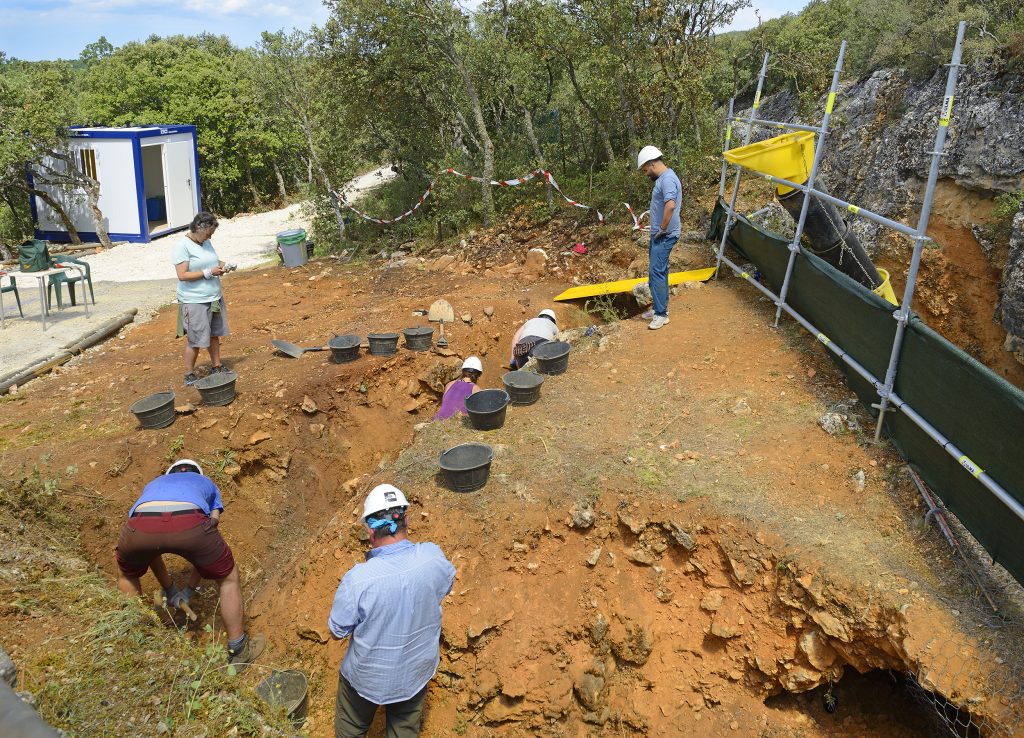
Paleontology is not for the faint-hearted or those allergic to physical labor. You’ll be digging, chiseling, and hauling rock under the relentless sun, which can leave you more exhausted than a Stegosaurus after a marathon. The work can take a toll on your body, with aches and pains becoming your unwanted companions.
Fieldwork often involves carrying heavy equipment over uneven terrain. Your backpack becomes your best friend and worst enemy, filled to the brim with tools of the trade. You’ll develop muscles you never knew existed and a newfound respect for the term “manual labor.”
Despite the physical demands, there’s a certain satisfaction in unearthing ancient remains with your own hands. Each brushstroke on the dirt feels like a step back in time, and the thrill of discovery makes the sore muscles worth it—at least that’s what you tell yourself as you collapse into your tent at night.
6. Risk of Research Obsolescence
In the fast-paced world of scientific discovery, today’s groundbreaking research can quickly become yesterday’s news. As a paleontologist, you’re always racing against time and technological advancements. What if the fossil you’re studying is reclassified, or a discovery upends your thesis? It’s enough to make your head spin faster than a Pterosaur in a wind tunnel.
Staying relevant requires you to constantly update your knowledge and adapt your research. It’s like walking on a geological treadmill—you have to keep moving, or you’ll fall off. But let’s face it, who doesn’t love a good challenge? (Said with a hint of sarcasm and a weary smile.)
Imagine spending years on a research project, only to have it overshadowed by a more significant find. It’s like being the opening act for a rock star—no matter how good you are, everyone’s there for the main event. Yet, we soldier on, because that’s what passionate scientists do.
7. Isolation in Remote Locations
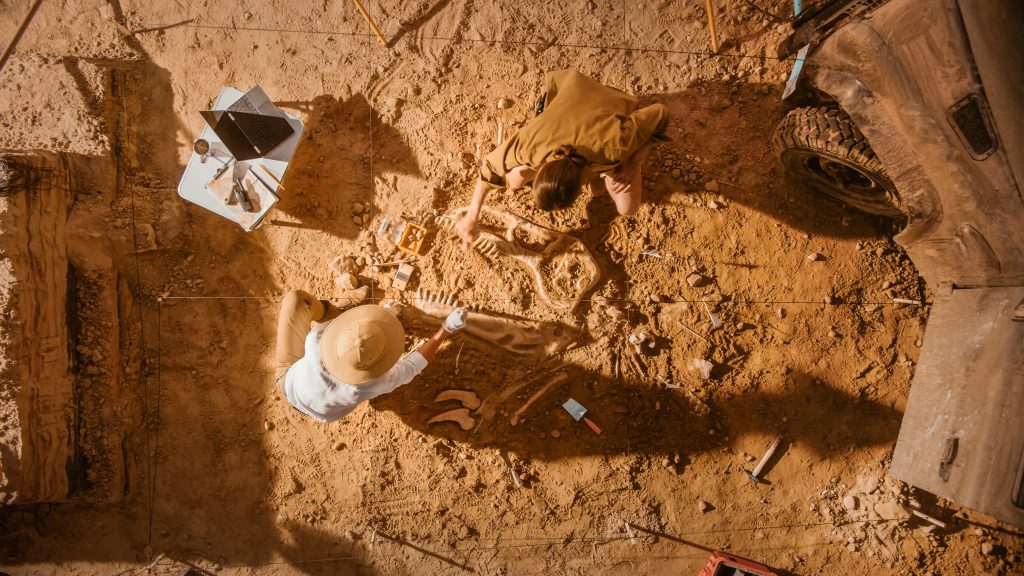
The life of a paleontologist often involves venturing into the great unknown, which can mean long periods of isolation in remote locations. You’re more likely to have a conversation with a fossil than another human being. The solitude can be peaceful, but it can also lead to a serious case of cabin fever.
These remote expeditions can strain personal relationships. Imagine missing birthdays, anniversaries, and other milestones while you’re off chasing prehistoric dreams. It’s a tough trade-off, and not everyone in your life will understand your commitment to the past.
However, there’s a unique bond that forms among those who share these isolated digs. Your field team becomes your family, united by a common purpose and the shared experience of discovering ancient life. These relationships are as solid as the fossils you uncover together.
8. Competition in Academia
The academic world of paleontology is as competitive as a pack of raptors fighting over a meal. Tenure-track positions are as rare as a complete dinosaur skeleton, and the pressure to publish groundbreaking research is immense. You’ll need a thick skin and a resilient spirit to navigate the politics and rivalry.
Aspiring paleontologists must also juggle teaching duties with research, which can be like trying to balance on a seesaw by yourself. You’ll need to be a jack-of-all-trades, mastering the art of lecturing, grading, and advising, all while keeping your research afloat.
And then there’s the challenge of securing tenure, a quest akin to searching for the Holy Grail. It’s a long and uncertain road, paved with peer reviews and publication quotas. But for the chance to contribute to the annals of science, many of us are willing to compete in this academic marathon.
9. Uncertainty of Discoveries
Paleontology is a gamble, and not every expedition leads to a significant discovery. You could spend months in the field and come back with little more than a sunburn and a few rock samples. It’s the scientific equivalent of fishing—you cast your line and hope for the best, but sometimes you come up empty.
This uncertainty extends to the research itself. You might formulate a hypothesis, only to have it debunked by new evidence. It’s a humbling reminder that in science, as in life, nothing is set in stone (pun intended).
But it’s this very unpredictability that makes paleontology so exciting. Each day offers the potential for a discovery that could change our understanding of the past. It’s a rollercoaster ride of highs and lows, and we’re all strapped in for the duration.
10. Balancing Fieldwork and Life
Striking a balance between fieldwork and personal life is like trying to find equilibrium on a seesaw. The demands of the job often mean long stretches away from home, which can be tough on relationships and family life. You might miss out on important events and milestones, leading to a sense of disconnection.
On the flip side, when you are home, it can be challenging to switch off the paleontologist’s brain. You might find yourself sifting through soil at the beach instead of building sandcastles with the kids. The lines between work and leisure can blur, leaving you feeling like you’re always on the clock.
Yet, for those who love the thrill of discovery and the pursuit of ancient knowledge, these sacrifices can be worth it. It’s all about finding that sweet spot where your passion for paleontology and your need for a personal life coexist harmoniously. Easier said than done, but we keep digging for that balance.
The life of a paleontologist is not without its challenges, from the physical demands to the uncertainties of research. But despite these downsides, the thrill of uncovering the mysteries of our planet’s past keeps us coming back for more, trowel in hand, and hope in our hearts.

